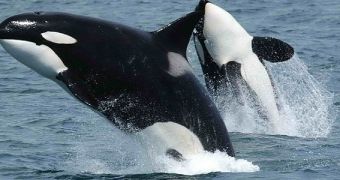A collaboration of investigators from the US National Oceanic and Atmospheric Administration (NOAA) and the Stanford University announces the discovery of a pathway in marine animals such as fish that underlies responses to crude oil toxicity following oil spills.
The team was investigating the ecological impacts of the 2010 BP/Deepwater Horizon disaster when scientists found that exposure to crude oil plays an important role in disrupting a cellular pathway in fish that regulates their heartbeats. Similar pathways are found in other animals too, including us.
Some of the most devastating effects that exposure to oil spills can have on fish include cardiac arrest, sudden cardiac death, arrhythmias, and a reduced ability of the heart to contract properly. The study was led by Stanford professor of marine sciences Barbara Block.
“These new findings more clearly define petroleum-derived chemical threats to fish and other species in coastal and ocean habitats, with implications that extend beyond oil spills to other sources of pollution such as land-based urban stormwater runoff,” says the leader of the Exotoxiology Program at the NOAA Northwest Fisheries Science Center, Nat Scholz.
Details of the new work appear in a paper published in the February 14 issue of the top journal Science.

 14 DAY TRIAL //
14 DAY TRIAL //